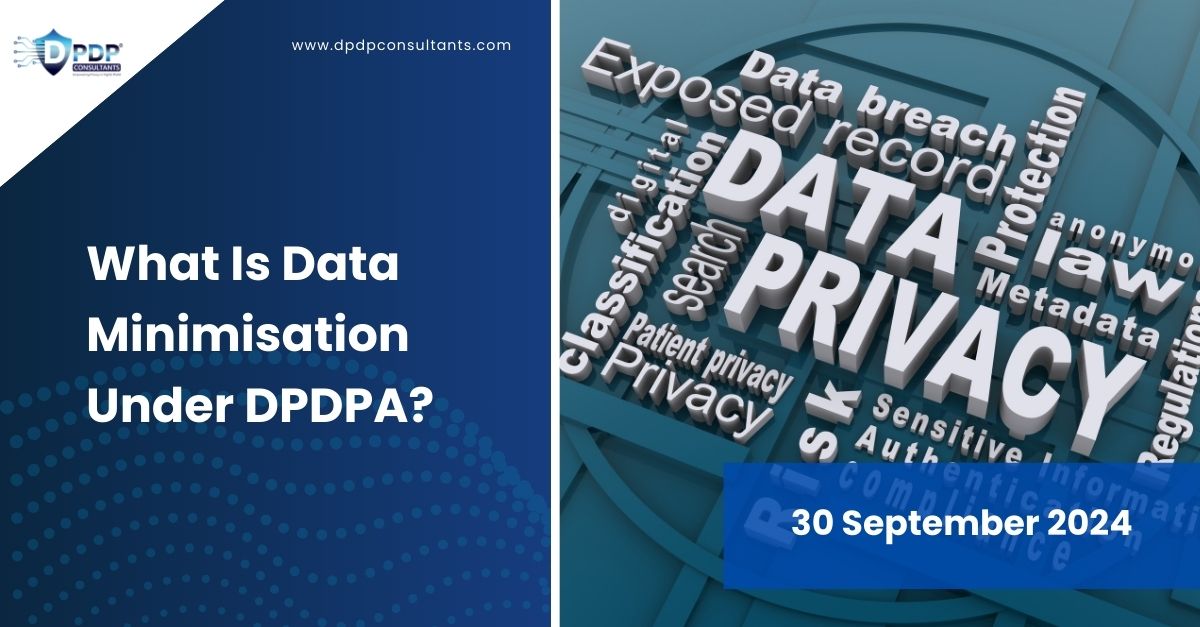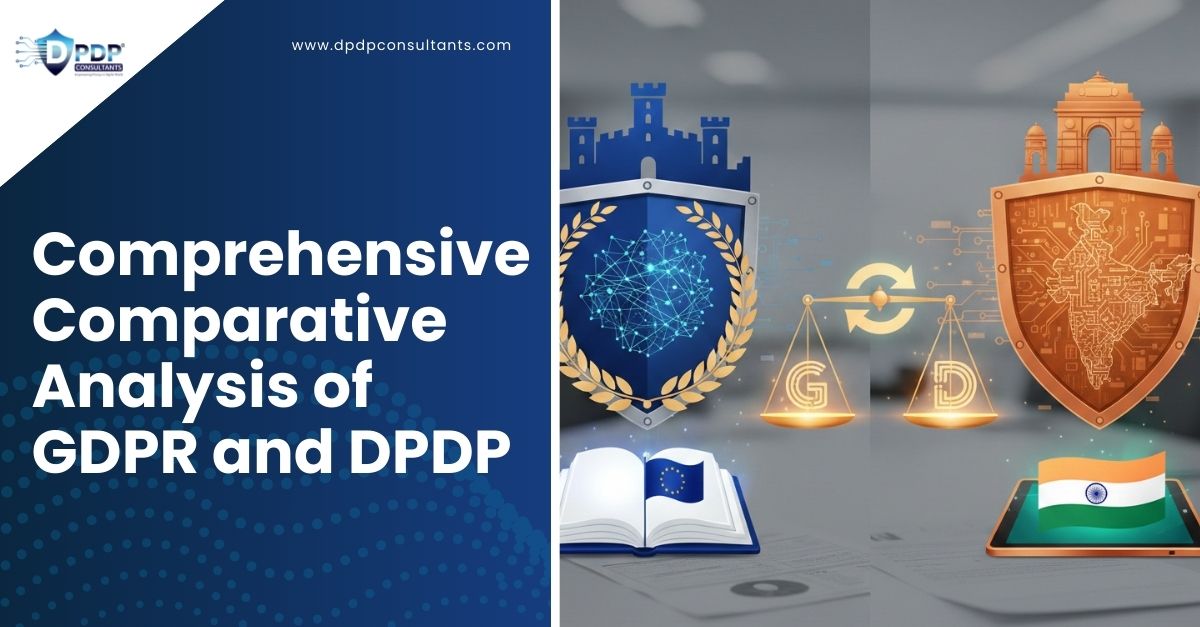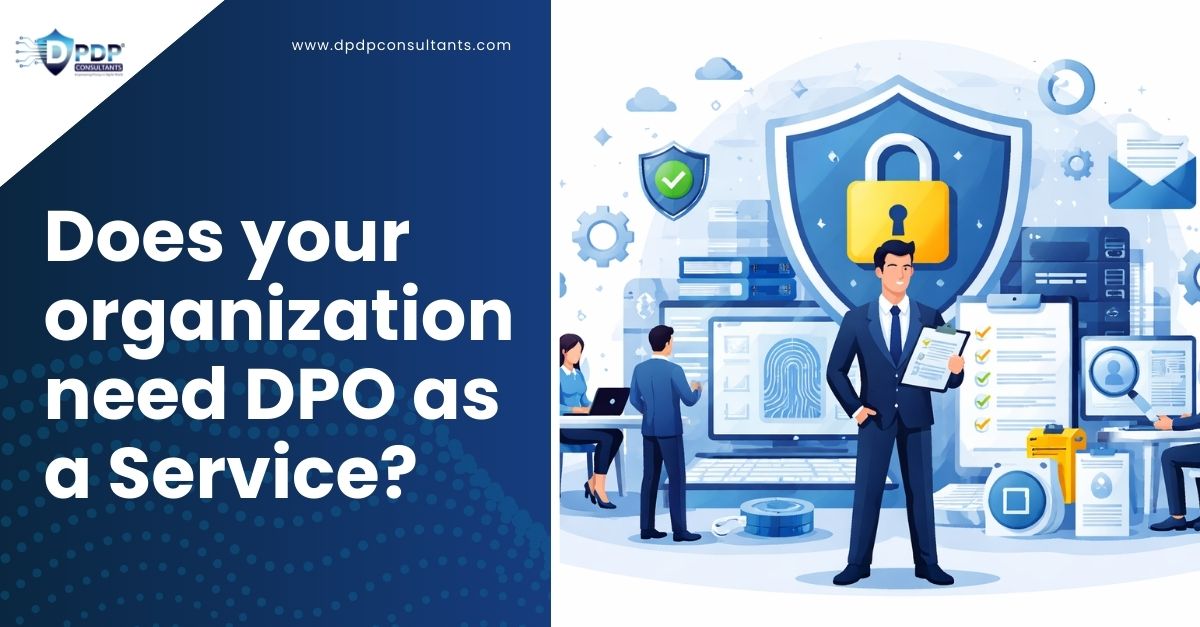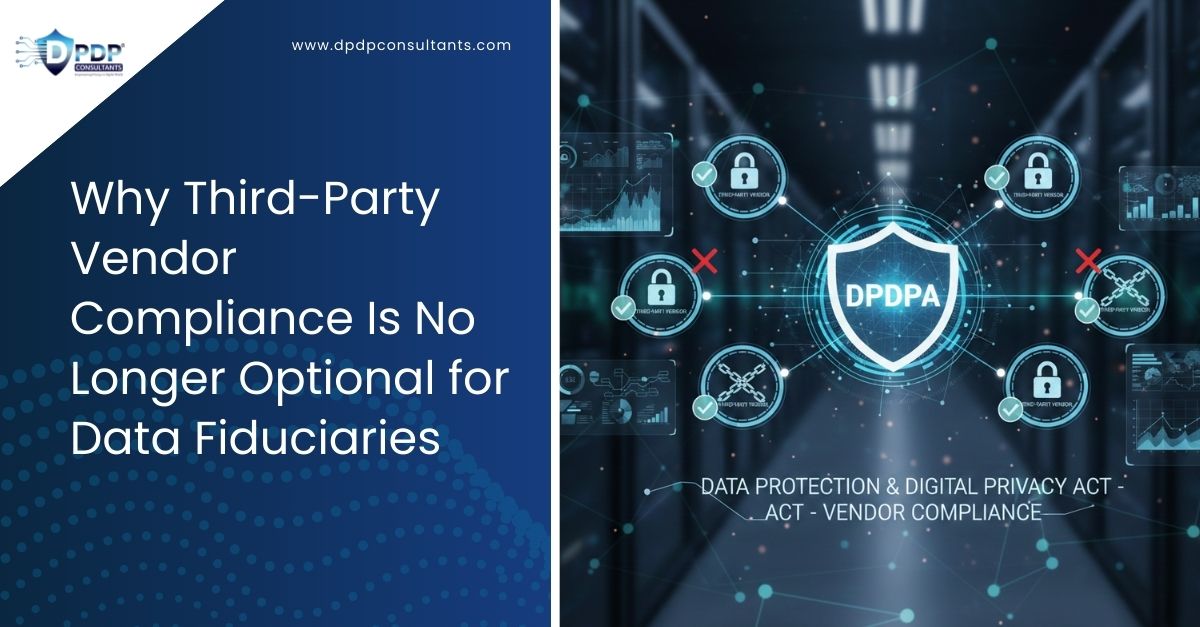Explore the principle of
data minimisation under the DPDP Act 2023, and learn how to implement it to
enhance privacy compliance and protect personal data
In an age where data is
often touted as the new oil, the principles of data protection have never been
more critical. Among these principles, data minimisation stands out as a
cornerstone, particularly under the Data Protection and Digital Privacy Act
(DPDPA). But what exactly does data minimisation entail, and why is it so
vital?
Data minimization is a key
principle in privacy protection laws worldwide. It mandates businesses to only
collect the data they truly need for processing, and nothing more.
This principle is often
misunderstood, with many businesses fearing that minimizing data collection and
retention equates to losing out on valuable insights or hampering operations.
However, this practice is not just about limiting data; it’s about reducing
risk.
Collecting and storing
unnecessary data not only increases the risk of data exposure but also leads to
non-compliance with India’s Privacy Law, failing to safeguard individual
privacy
What is Data Minimisation?
Data minimisation means
processing only the minimal personal data necessary for your processing
purposes. The goal is to adhere to privacy laws and reduce risks like data
breaches, and unauthorised access.
Say, you run an online
retail store and want to improve customer service by collecting feedback on
recent purchases. To do this, you only need customers’ email addresses and
details of their recent orders. By limiting your data collection to these
elements, you are applying the data minimisation principle effectively.
However, if you decide to
collect additional information such as customers’ home addresses or phone
numbers solely for the purpose of gathering purchase feedback, you’ve gone
beyond what is necessary. This extra information is not required to understand their
satisfaction with their recent purchases.
To strictly practise data
minimisation, here are some core principles that you need to follow:
Collect the Least Amount of Personal Data Required
The key to data
minimization is to gather only the information needed to meet your goals.
Businesses should regularly review their data collection methods to make sure
they’re not asking for unnecessary details.
Here’s how to do it:
Limited Data Retention Periods
Keeping personal data
forever is a bad practice. Companies should set clear data retention periods
and ensure that once that time is up, the data is either anonymized or securely
deleted.
Periodic Audits
Regular audits of data
storage and usage can help identify and remove outdated or unnecessary personal
data. This ensures that data minimization is an ongoing process, not a one-time
effort.
Limited Data Retention Periods
Keeping personal data
forever is a bad practice. Companies should set clear data retention periods
and ensure that once that time is up, the data is either anonymized or securely
deleted.
Periodic Audits
Regular audits of data
storage and usage can help identify and remove outdated or unnecessary personal
data. This ensures that data minimization is an ongoing process, not a one-time
effort.
How does Data Minimisation Help?
Before data protection and
privacy laws became widespread, marketers and entrepreneurs believed that
collecting as much data as possible was beneficial, just in case it might be
useful later. However, this is not true.
Storing and processing
personal data carries significant risks for your business. Personal data is a
prime target for cybercriminals, increasing the risk of data
breaches. To protect against these breaches, you need to implement
strong data security measures, which can be costly.
Adopting a data
minimization strategy and limiting data collection has several benefits for
businesses.
- It reduces the risk of exposing personal
information in a data breach
- Enhances privacy protection
- Simplifies data management
- Cuts storage costs
- Improves compliance with privacy laws(in India
it’s DPDP Act, 2023)
While the EU’s General Data Protection Regulation (GDPR) includes specific rules about data
minimization, India’s Digital Personal Data Protection Act(DPDPA)
is slightly different. It mentions data minimization mainly in the context of
processing personal data based on consent.
The DPDPA stresses the
importance of getting clear, informed consent before collecting personal data.
This means clearly explaining what data will be collected, why it’s needed, and
how it will be used. The goal is to collect only the minimum amount of data
necessary for processing.
The DPDPA also requires Data
Protection Impact Assessments (DPIAs) for risky high-risk data processing
activities. These assessments evaluate how personal data is processed and
whether this processing is necessary and proportional. They can also help identify
and remove unnecessary and outdated personal data.
Best Practices by Industry
Healthcare
Minimum Necessary Rule:
HIPAA mandates healthcare providers to ensure they only use, share, and request
the minimal amount of information needed for a specific purpose.
Finance
Know Your Customer
(KYC): Financial institutions
collect only the necessary information to comply with regulations like
Anti-Money Laundering (AML) and Countering Financing of Terrorism (CFT).
E-commerce
Step-by-Step Information
Collection: Information is gathered in stages and only when necessary, such as
requesting shipping details only at the time of purchase.
A strategy that focuses on
using as little data as necessary, supported by a company-wide emphasis on
privacy and top-notch data practices, can greatly reduce data risks and
increase consumer trust.
DPDP Consultants Can Help
You Achieve Data Minimization
Data minimization benefits
both companies and customers. It helps businesses reduce personal data-related
risks and build trust with clients. For consumers, it protects their data from
misuse and unauthorized access.
By adopting data
minimization, organizations can safeguard sensitive
information and improve their reputation and customer connections.
DPDP Consultants supports
your organisation’s data minimisation efforts and creates customised solutions
for your organisation’s needs.
- DPDPA Readiness Review: Helps organisations understand the impact of the DPDPA on
their operations.
- Contract Review service: Ensures your existing contracts align with DPDP
specifications and makes necessary revisions.
- Our team assists in the development of strong
data protection policies aligned with DPDP Act 2023 regulations. These
policies could be role-based, which can be used to limit data access to
each role within an organization.
- DPDPA Compliance Assistance: Helps set up internal audit frameworks for
regulatory alignment. This can help you identify and manage personal data
effectively, and eliminate unnecessary data access and usage.
- The Data Principal Consent Management (DPCM) tool, offered as a SAAS
model, ensures valid consent, automating personal data consent requests
and establishing a robust system for tracking and handling such requests
within companies.
- Data Protection Impact Assessment (DPIA): Our DPIA tool automates the
process, allowing users to conduct DPIAs through a user-friendly platform,
track identified risks, keep stakeholders informed about mitigation
progress and check if data minimisation is being practiced effectively.
- Data Principal Grievance Redressal (DPGR): Enables data principals to
raise their concerns about their personal data through a user-friendly
platform, reducing response times and ensuring compliance.
- Data Protection Awareness Program (DPAP): A training program that
educates your staff on the new regulation, and data minimisation
requirements and practices through regular awareness sessions and
assessments.
Looking
for expert advice from top consultants?
Whether you need guidance on legal compliance
consulting or tool-based technical solutions, DPDP Consultants can help
you with the best professional services in the industry. Get tailored insights
and practical solutions to help you succeed.
For News updates, expert insights, and practical
tips on DPDP compliance and personal data security please subscribe to our
newsletter Privacy
Talks.






